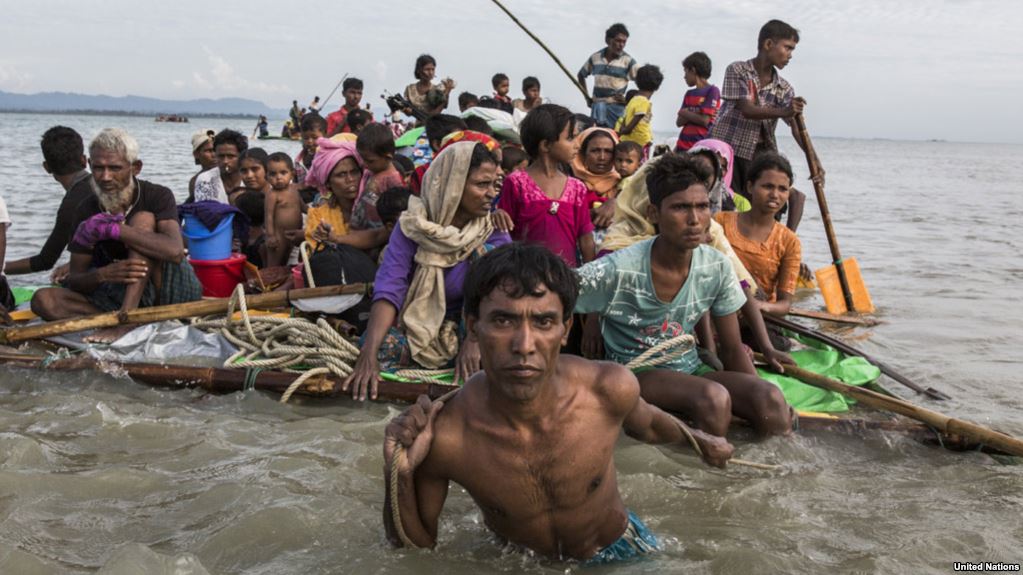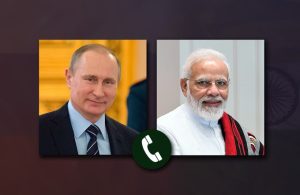Myanmar military chiefs should face ‘genocide’ case for Muslim Rohingya killings
Myanmar military chiefs should face ‘genocide’ case for Muslim Rohingya killings

GENEVA: Investigators working for the UN’s top human rights body said today that top Myanmar military leaders should be prosecuted for genocide against Rohingya Muslims.nnThe call, accompanying a first report by the investigators, amount to some of the strongest language yet from UN officials who have denounced alleged human rights violations in Myanmar since a bloody crackdown began last August.nnThe three-member “fact-finding mission” working under a mandate from the UN-backed Human Rights Council meticulously assembled hundreds of accounts by expatriate Rohingya, satellite footage and other information to assemble the report.nnThe UN-backed Human Rights Council created the mission six months before a rebel attack on security posts set off the crackdown that drove hundreds of thousands of Rohingya fleeing to neighbouring Bangladesh.nnThrough hundreds of interviews with expatriate Rohingya and use of satellite footage, the team compiled accounts of crimes including gang rape, the torching of hundreds of villages, enslavement, and killings of children some before their eyes of their own parents.nnThe team was not granted access to Myanmar and has decried a lack of cooperation or even response from the government, which received an early copy of the report.nnThe team cited a “conservative” estimate that some 10,000 people were killed in the violence, but outside investigators have had no access to the affected regions making a precise accounting elusive, if not impossible.nnAbove all, the investigators said the situation in Myanmar should be referred to the International Criminal Court, and if not, to a special tribunal. Last week, Myanmar’s government rejected any cooperation with the ICC, to which it is not a party. China, a permanent member of the UN Security Council with veto power over whether the issue will be brought before the ICC, has been reticent about condemning Myanmar’s government during the crisis.nnUN officials and human rights watchers have for months pointed to evidence of genocide in Myanmar, and the United States late last year said that “ethnic cleansing” was occurring in Myanmar. But few experts have studied the issue as in-depth and in such an official way as the fact-finding team, with a mandate from a body that has Myanmar’s approval: The country is among the 47 members of the Human Rights Council.nnThe United Nations does not apply the word “genocide” lightly. The fact-finding team’s assessment suggests the crimes against the Rohingya could meet the strict legal definition which was last met over crimes in Bosnia and Rwanda nearly a quarter-century ago.nnHuman rights watchers say determining “genocidal intent” is perhaps the most difficult criteria to meet: In essence, it’s the task of assessing the mindsets of perpetrators to determine if ethnicity, race, religion or another attribute had motivated them.nn”The crimes in Rakhine state, and the manner in which they were perpetrated, are similar in nature, gravity and scope to those that have allowed genocidal intent to be established in other contexts,” the report said, alluding to a region of Myanmar that is home for many Rohingya.nnAdding into their assessment: The extreme brutality of the crimes; “hate rhetoric” and specific speech by perpetrators and military commanders; policies of exclusion against Rohingya people; an “oppressive context;” and the “level of organization indicating a plan for destruction.”nnThe investigators cited six Myanmar military leaders by name as “priority subjects” for possible prosecution, led by the commander-in-chief, Min Aung Hlaing. A longer list of names is to be kept in the office of the UN human rights chief for possible use in future judicial proceedings. The United States and European Union have already slapped sanctions on some Myanmar military leaders, though Min Aung Hlaing is not among them.nnThe authors called for the creation of a special body, or “mechanism,” to keep watch on the still-evolving human rights situation in Myanmar. They said the United Nations’ own role in the country since 2011 should be reviewed to see if the world body did all it could to prevent such a crisis.nnSource: AFP






